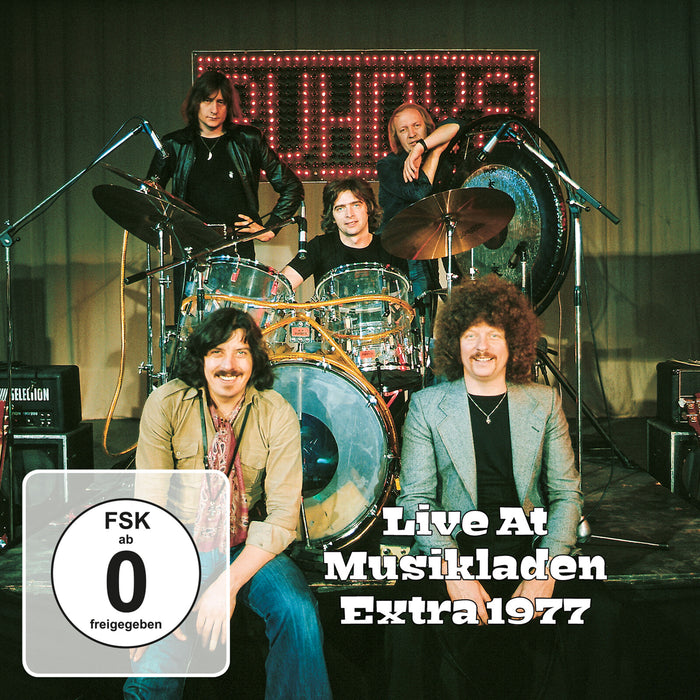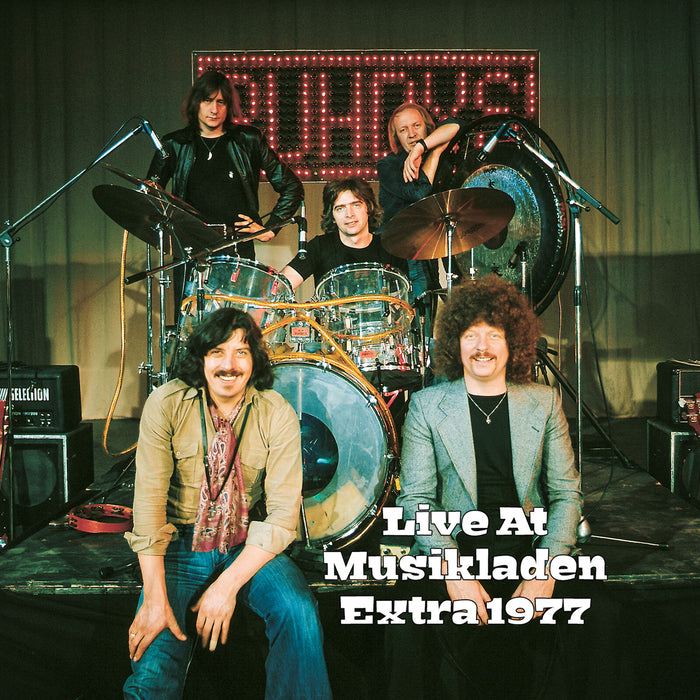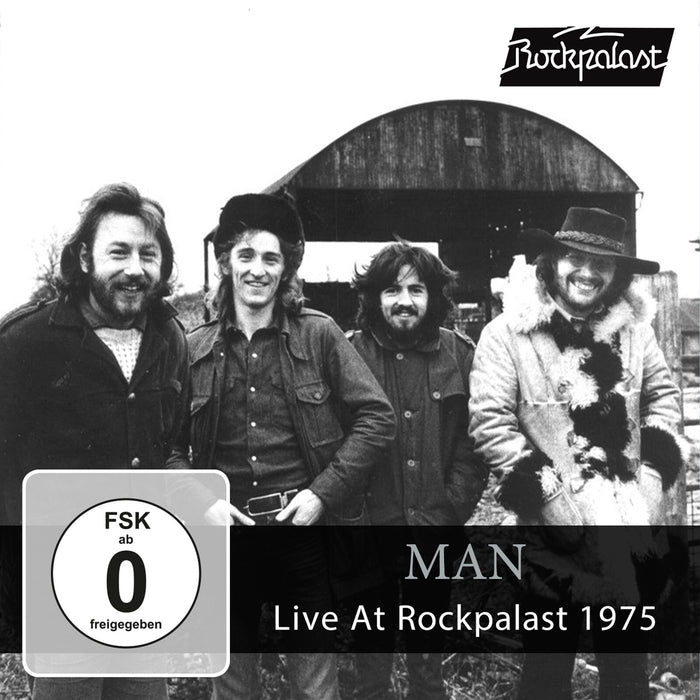.
"We had role models that influenced us, from Jethro Tull to Deep Purple to Supertramp. From the beginning, we tried to play as well as our Anglo-American colleagues," recalls Thomas Bruck, bassist and singer of the Cologne-based progressive rock band Satin Whale.
For a long time they were pigeonholed as Krautrock, as was common for German rock bands in the early 1970s, but on their debut album "Desert Places" (released in 1974 on the Brain label, the trademark for rock music from Germany) the four Cologne musicians developed a very independent and unmistakable sound with a high recognition value. The reward for their efforts - the debut album was enough for Satin Whale to be voted Germany's most popular band in the "Rocksound 74" contest by Sudwestfunk listeners that same year.
The band continued their success story. Between 1974 and 1981 the band released 5 studio albums. These are all included in the first part of Satin Whale's comprehensive retrospective entitled "History Box I - The Studio Albums".
The second part of the retrospective, titled "Soundtrack, Live & Alternative Mixes", is now dedicated to the band's soundtrack for the German movie production "Die Faust In Der Tasche" (1979, starring Manfred Krug and Ursula Monn, among others), the live double album "Whalecome" and the remix album "On Tour", for which Conny Plank was responsible, among others. Satin Whale disbanded in 1981 and the musicians went their separate ways.











